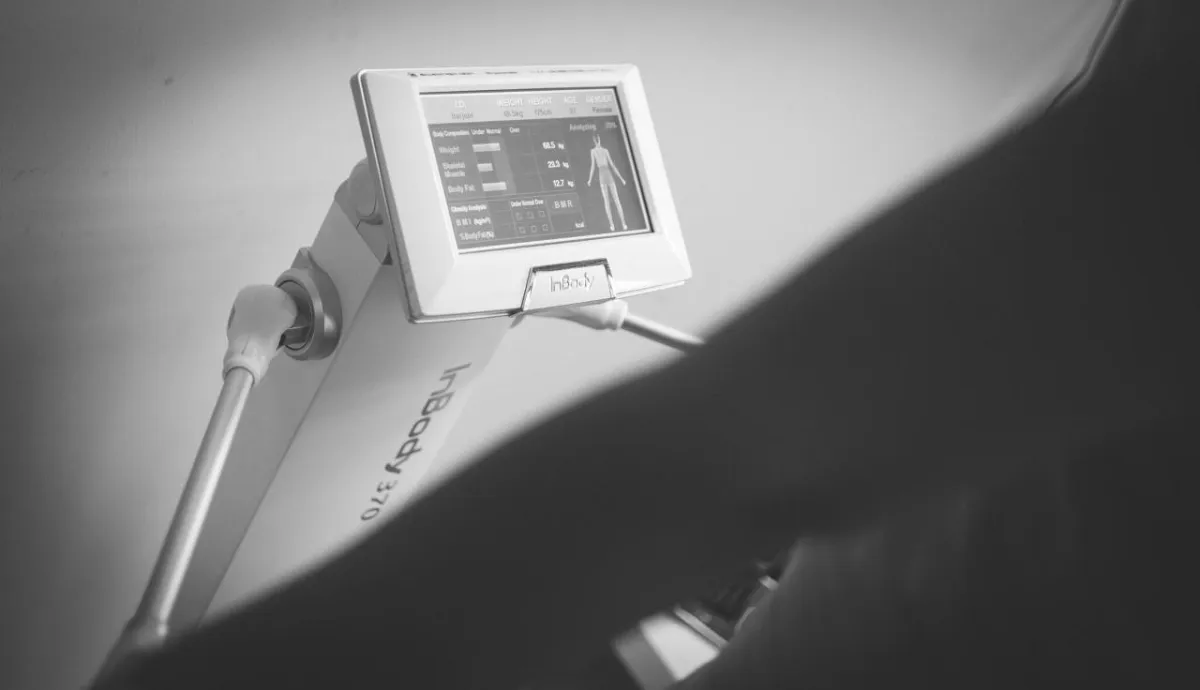
Why The Scales Lie - Glasgow Personal Trainer explains
Why the Scales Lie: Understanding Glycogen, Water Weight & Real Fat Loss
One of the most valuable parts of personal training is helping clients cut through the confusion around weight loss. While training methods are important, managing your nutrition and expectations is where most of the real work—and challenges—lie.
The Truth About the Scales
It’s not uncommon for a client’s weight to fluctuate by 4–6 pounds in a single week. This isn’t necessarily fat gain or loss—it’s often due to glycogen levels and how your body stores water.
Unfortunately, many personal trainers and clients overlook the science behind these fluctuations. That’s where the frustration begins.
What Is Glycogen—and Why Does It Matter?
Glycogen is the stored form of carbohydrates in your muscles and liver. For every 1 gram of glycogen, your body stores about 4 grams of water.
So, when you reduce your carb intake, your body uses up glycogen and sheds the water stored with it. This causes a rapid drop in scale weight, even though you haven’t actually lost body fat.
Conversely, eating more carbs—especially after a strict week—replenishes your glycogen stores and water levels, causing the scale to jump up again.
A Real-World Example
Most of my clients do great Monday to Friday. Their carb intake during the week often sits around 70–90g per day, which is quite low. That usually results in a 3–4 lb drop on the scale by Friday, largely due to glycogen depletion.
But then comes the weekend…
When carb intake goes back up—whether it’s from a meal out, social drinks, or just relaxing the diet—glycogen stores are replenished, and those 4 pounds come right back by Monday.
Frustrating? Absolutely.
But fat wasn’t lost—or gained. It was just glycogen and water shifting.
Key Variables in Weight Management
If you want accurate and meaningful weight tracking, here are a few non-negotiables:
✅ Weigh yourself at the same time each week, ideally first thing in the morning before eating or drinking.
✅ Hydration matters – Drinking more (or less) water, or alcohol consumption, will shift your weight temporarily.
✅ Use the toilet first – Sounds obvious, but it makes a difference!
✅ Keep sodium (salt) intake steady – Eating out or increasing salty foods causes your body to hold onto more water, inflating your weight.
✅ Understand digestion lag – A heavier meal takes longer to process and can show up on the scale even before it’s been digested.
Why Carbs Are Not the Enemy
Drastically cutting carbs will cause quick weight loss due to water loss—not fat loss. It mimics results similar to what we saw in the old Atkins diet: quick, dramatic drops on the scale that often reverse just as quickly.
That’s why sustainable nutrition is key. You need a plan that you can realistically follow, not just Monday to Friday, but consistently over time.
Using Science to Track Real Progress
At RS Fitness, we go beyond the scale. We use the InBody 370 Body Composition Analyser, a state-of-the-art tool that shows:
Fat Mass
Muscle Mass
Water Balance
Visceral Fat Levels
And yes—Glycogen impact
It’s one of the few systems of its kind in Glasgow or Scotland, and it’s an essential part of tracking genuine, long-term body composition changes—not just weight fluctuations.
📞 Want Help Making Sense of Your Weight?
If you're tired of guessing and ready to take control of your health with real, science-backed support, let’s talk.
📧 Email: [email protected]
📞 Call: 07725 988 144
💬 Or book a FREE consultation—no pressure, just solid advice.
